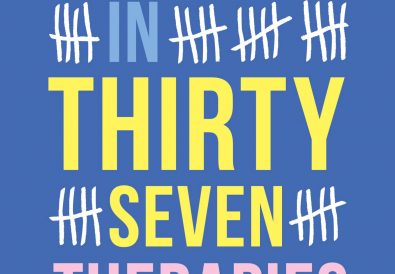Climate change. Racism. Funding shortages. Lack of access to healthcare. As the space between human beings shrinks, our community and societal problems seem bigger than ever. How do we meet these challenges in peaceful ways to sustain our communities?
Self-compassion is the key.
Self-compassion vs. self-protection
In any group, whether it is a small neighborhood organization or a whole country, a few people will make decisions for the rest. And while they may try to use empathy and think critically, the result might not be as genuine as they may think, regardless of whether their underlying motivations are good, problematic, or outright bad.
Why? We have taught leaders to be god like messiahs. But they have faults like all human beings, and sometimes they will do anything to hide those faults, to the detriment of everyone else.
Human beings are hardwired to protect their egos, though what they are really are protecting is their shame and guilt over their imperfections. And it is a powerful urge. No one wants to feel naked and vulnerable, particularly those who have a lot to lose. The fight-or-flight instinct kicks in and the walls go up. They act and react in a way that protects themselves from getting hurt, which means their decision-making is tainted with more than a little self-interest. In some cases, they use their power to crush others and obliterate rights so no one will focus on the leader’s own failings.
Growing in empathy
On a small scale, this happens to all of us; we feel uncomfortable about our humanness, so we cover it up with words or actions or decisions that aren’t motivated by what is best for all parties. We say and do things we might later regret or that might hurt those we care about. The problem is that the more power a person carries, the more people their reactions can adversely affect. So it’s especially important for leaders and decision-makers in the community or in social organizations to develop self-compassion, admitting they don’t know everything and that they are imperfect too.
The result? Less competition and fewer ego-driven decisions.
The people who lead us should have higher standards, but now we need to ask our leaders to also have empathy for themselves. If those who are in charge have more self-compassion–and can acknowledge and accept their own imperfections and failings–then they could better understand the sufferings of others, especially those who are in less of a position to control resources. In fact, self-compassion generates empathy for others. It makes us more humane.
The cure for burnout
Self-compassion also protects thoughtful, committed leaders from burnout. Ever wonder why so many bright stars in the community fall silent after a while? Burnout happens when we struggle to accept our limitations because we’re pushing to be perfectionists under the misguided notion that we’ll accomplish more if we do it all ourselves, and perfectly. So we neglect self-compassion, ignoring our imperfections as though they’ll go away if we don’t tend to them with self-care. And in the end, we hurt the whole community because we’re not able to continue to give back.
Our communities can grow in a positive way if those with influence start with themselves. When a leader practices self-compassion, acknowledging their limitations, they set an example for others in the community: I cannot do this alone. I am taking care of myself. Does that feel self-centered? It is the furthest thing from it; if leaders show people that it’s okay to exercise self-compassion, then its effects will trickle down throughout society, showing in our day-to-day interactions with one another.
Key to the world’s future
We can always improve our emotional intelligence and critical thinking skills, but now it is time for all of us—from the average individual to society as a whole—to develop self-compassion so we can navigate today’s complex issues with empathy, understanding, and a focus on the collective good. Helping our leaders to have more compassion for themselves and to grow in emotional intelligence will allow them to better control their own emotions and make truly inclusive decisions. And that is the key to better communities, better nations, and a better world.
Dr. Cholet Kelly Josué is a Bahamian-born Haitian-American author, physician, and neuroscientist. Using behavioral cognitive neuroscience and drawing upon his experience as an immigrant, he shares an integrative approach to self-compassion, emotional intelligence, and critical thinking. His first book, Twelve Unending Summers: Memoir of an Immigrant Child, was published in May 2019. drjosue.com.




















